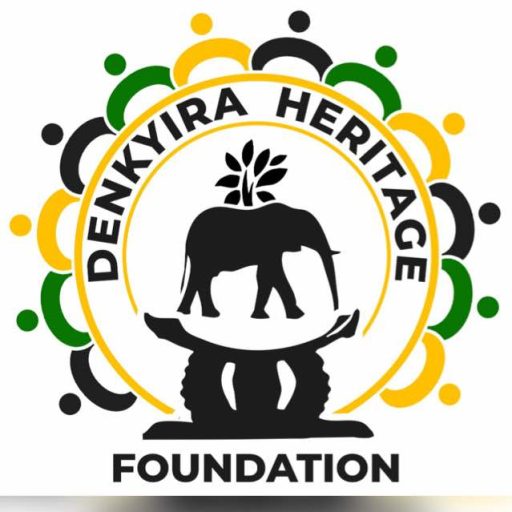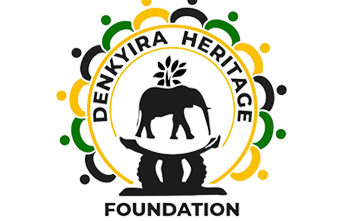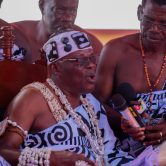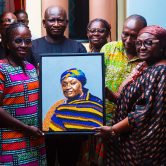THE ENTHRONEMENT OF A NEW DENKYIRA KING – AN UPDATE ON THE PROCESS
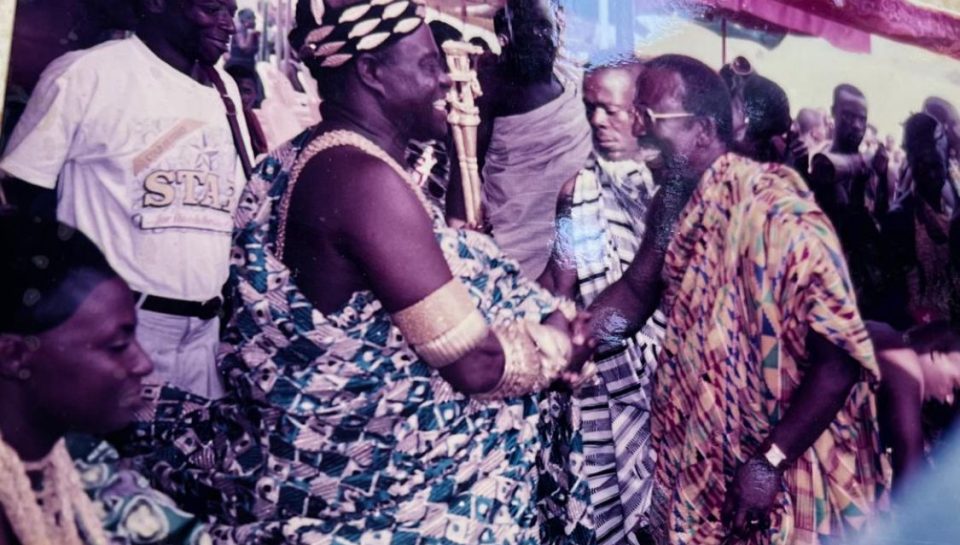
The Denkyira Kingdom, one of the oldest and most revered kingdoms in West Africa, with its people spread across Ghana, Togo, Benin, and Côte d’Ivoire, has remained without a sovereign since 2015. The prolonged vacancy on the sacred Bankam Dwa calls for the emergence of a visionary leader who will guide Denkyira into a new era, one marked by the fusion of ancestral wisdom and modern advancement.
In recent years, calls have grown stronger among Denkyiras at home and in the diaspora for the installation of a new king. Yet, in a time where many may appear eligible for the throne, the customs and sacred traditions of Denkyira demand careful, measured scrutiny to ensure that the chosen individual is one divinely approved, traditionally grounded, and fit to lead.
THE SACRED RITES OF AKWASIDAE
On Sunday, 25th May 2025, during Akwasidae—a sacred observance on the Denkyira calendar, shared among ancient Akan states—many awaited the announcement of the next Denkyirahene. However, in accordance with tradition, such a proclamation can only be made after due processes have been completed.
In the solemn hours of that sacred day, the Denkyirahemaa, Nana Ama Ayensua Saara III, together with select elders of the Gyaase Division, performed the final ancestral rites. In that profound moment, the name of the nominated candidate was submitted spiritually to the ancestral guardians of Denkyira. The Denkyirahemaa then formally presented the name to the Gyaase Division, led by Nana Sawn Panin, Gyasehene, for onward transmission.
THE ROLE OF THE ADONTEN DIVISION
The next critical step rests with the Adonten Division, the highest decision-making body in matters of enthronement. Comprising the Twafo, Adonten, Kronkor, Nifa, Benkum, and the modern divisions of Kronti and Akwammu—as established by Nana Owusu Bore II (1942–1953)—the Adonten Division serves as the final gatekeeper.
Its leader, the Adontenhene, holds a position of great responsibility. As the Second-in-Command of the Denkyira Traditional Council, he assumes full command during the interregnum, safeguarding the kingdom and its customs. His duty is to ensure the continuity of leadership, the upholding of Denkyira’s values, and the defense of the realm from both internal and external threats.
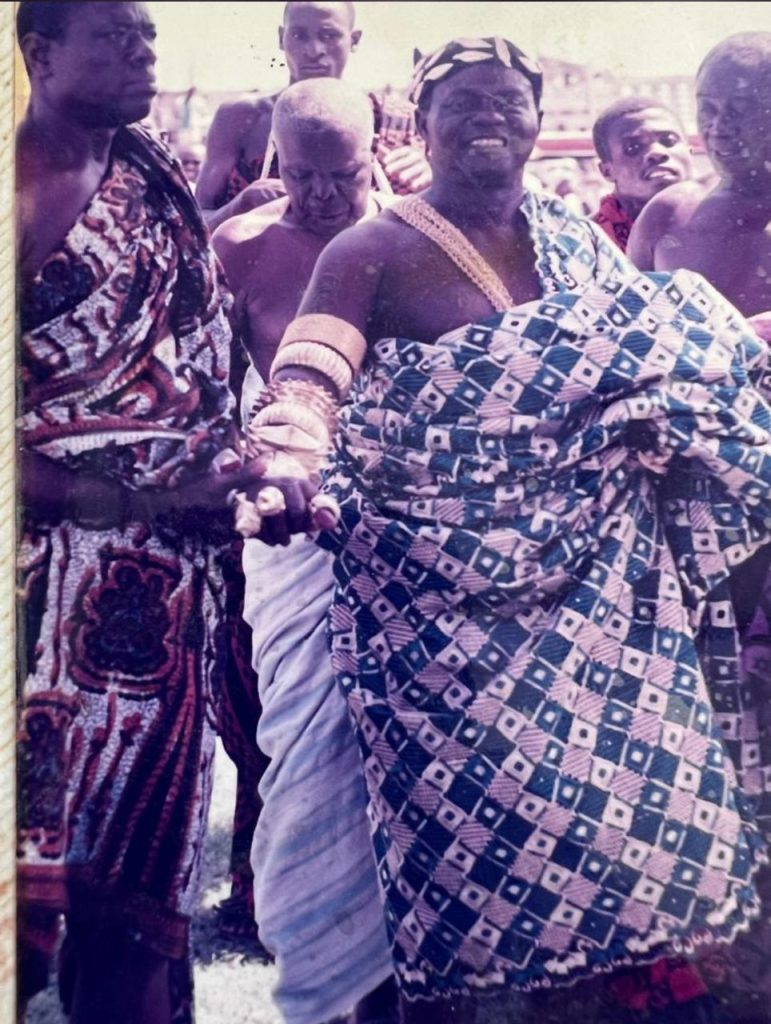
If the Adonten Division approves the nomination, the Denkyirahemaa will summon Denkyiraman to announce the enstoolment of the new king. However, should the nominee be deemed unsuitable, the royal family must present a new candidate, and the process recommences.
HISTORICAL PRECEDENTS AND RESPONSIBILITY
Throughout history, the Adontenhene has played a decisive role in shaping Denkyira’s destiny. It was an Adontenhene who, in the 1600s, selected the eight-year-old Boa-Amponsem to ascend the throne following the death of Nana Werempe Ampem in war. Similarly, in 1932, when the royal family delayed in presenting a candidate, it was Nana Kodua of Diaso, then Adontenhene, who brought John Kwasi Mensah Appiah from Nkawie to become Nkwantabisa III.
Yet history also reminds us of the grave responsibility the role carries. In 1701, during the fateful Battle of Feyiase, it was the Adontenhene, Nana Asiama Tia, whose surrender revealed the position of the Gyaase Division, contributing to Denkyira’s defeat.
Thus, in Denkyira, we say: “Adonten ne Ɔman!”—“The Adonten is the Nation!”
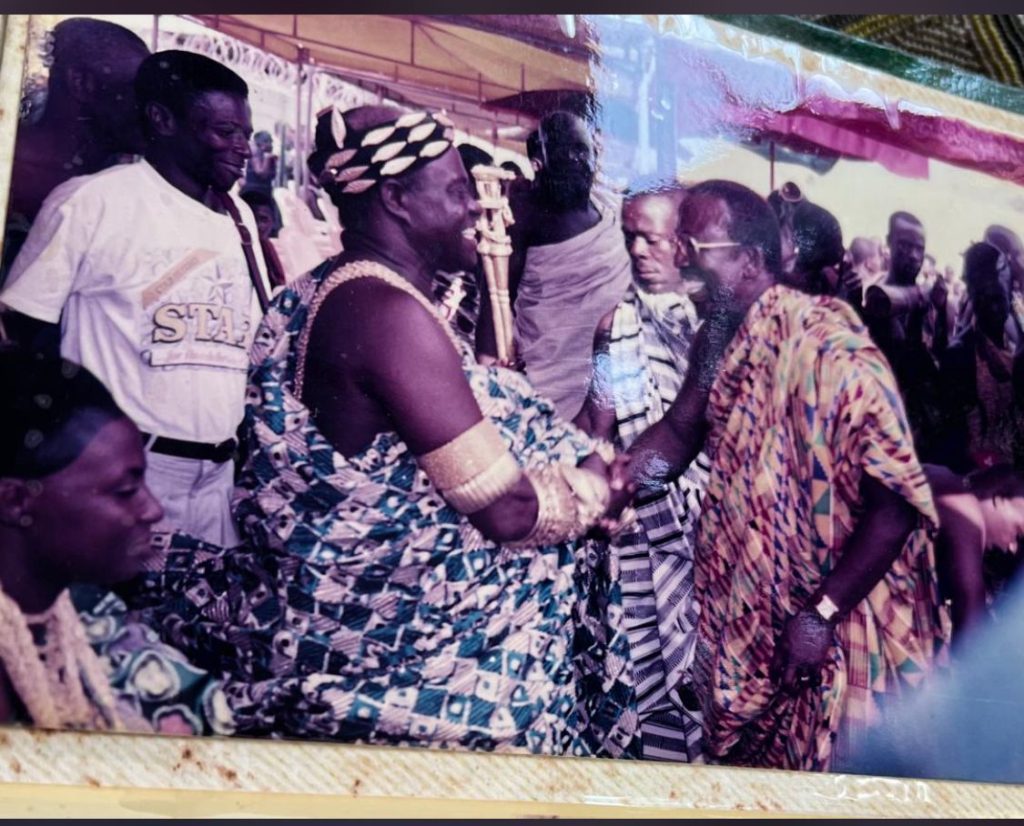
A CALL TO UNITY AND PATIENCE
As the sacred process continues, we call upon all Denkyiras—home and abroad—to remain patient and united. Let us trust in the wisdom of our elders, the sanctity of our customs, and the divine guidance of our ancestors. In due time, the name of the new Denkyirahene shall be revealed, and a new chapter will begin for our noble kingdom.
Thank you.
Denkyira Heritage Foundation
Reviving Denkyira Legacies
